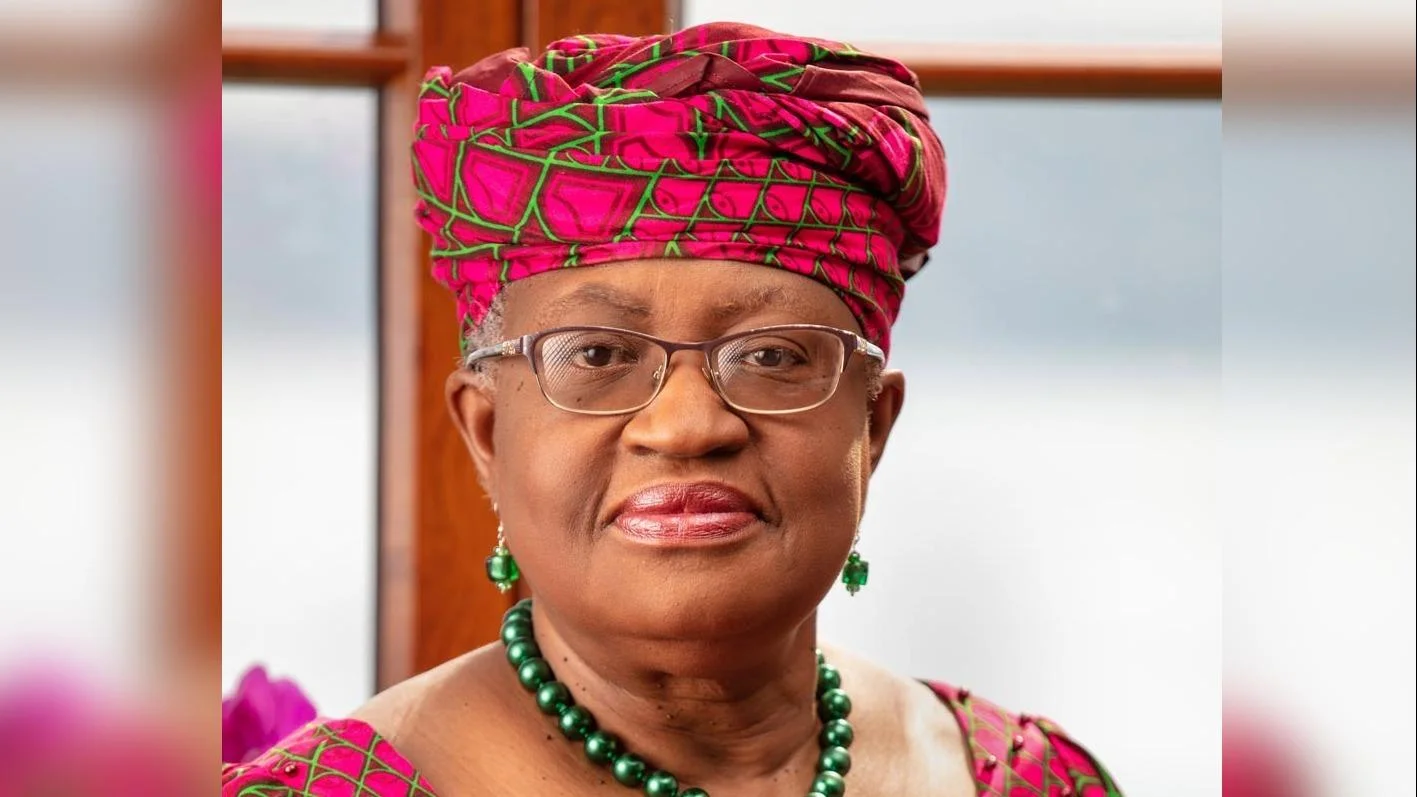Representatives from China and Australia, acting as co-coordinators of the Dialogue on Plastics Pollution (DPP) along with Barbados, Ecuador, Fiji, and Morocco, presented five draft documents proposed for consideration at the 14th WTO Ministerial Conference (MC14). These drafts include analytical summaries on trade flows of plastics, regulatory approaches to single-use plastics, services for waste management, and alternatives to plastic products.
Members reviewed the documents and provided initial feedback, focusing on the need to streamline data collection, ensure factual accuracy, and consolidate documents to avoid overlap. The co-coordinators requested written comments by 17 October, with plans to revise the documents and share them before the next DPP meeting scheduled for 25 November. They also announced intentions to prepare a Ministerial Statement for MC14 and invited contributions from interested members.
The co-coordinators reflected on the outcomes of a recent matchmaking event, held on 9 October and moderated by Ecuador and Barbados. The event aimed to connect donors and institutions with developing members seeking support for plastics pollution initiatives. Ambassador Omar Zniber of Morocco opened the event on behalf of the DPP co-coordinators, and Ambassador Eduardo Ernesto Sperisen-Yurt of Guatemala participated as the latest member of the Dialogue.
Key discussion points included the importance of trade in accessing sustainable materials, the need for harmonized standards, reduction of single-use plastics, and the challenges faced by developing countries, especially small economies and small island developing states (SIDS). Support for micro, small, and medium-sized enterprises (MSMEs), infrastructure development, and technology transfer were also highlighted. Ambassadors from Cabo Verde and the Pacific Islands Forum outlined regional needs and priorities.
Participants heard presentations from international organizations and private-sector stakeholders on ongoing programs. There was general agreement that, while current initiatives are valuable, improved coordination and transparency are needed due to the fragmented nature of trade-related funding opportunities. The DPP was recognized as an effective connector between needs and support mechanisms. Barbados encouraged members to complete surveys to guide further discussions.
The co-coordinators also reported on an Asia-Pacific regional workshop, the third of its kind organized by the DPP, which took place on 9 October. Ambassadors from China and Australia opened the workshop, which addressed challenges and opportunities in tackling plastics pollution in the region. The session emphasized the importance of harmonized policies, improved data systems, and scaling up substitutes through trade measures. Regional cooperation platforms such as ASEAN and the Pacific Islands Forum were noted as important for integrating trade into environmental strategies.
The Secretariat of the Intergovernmental Negotiating Committee (INC) updated members on the ongoing UN-led process to develop a global plastics treaty, noting progress despite a lack of consensus in recent talks in Geneva. WTO Secretariat staff introduced the Environmental Database (https://www.wto.org/EDB), a tool designed to increase transparency by cataloguing trade-related plastics measures reported by members. Delegates called for better use of this database and stronger collaboration with other information sources.
Changes in the WTO Secretariat team supporting the Dialogue were announced, with Ms. Svetlana Chobanova replacing Mr. Daniel Ramos as Secretary of the DPP. Members expressed appreciation for their contributions as the Dialogue continues to evolve.
The Dialogue on Plastics Pollution, launched in November 2020 by WTO members, now has 83 co-sponsors representing 88 percent of global trade in plastics.

